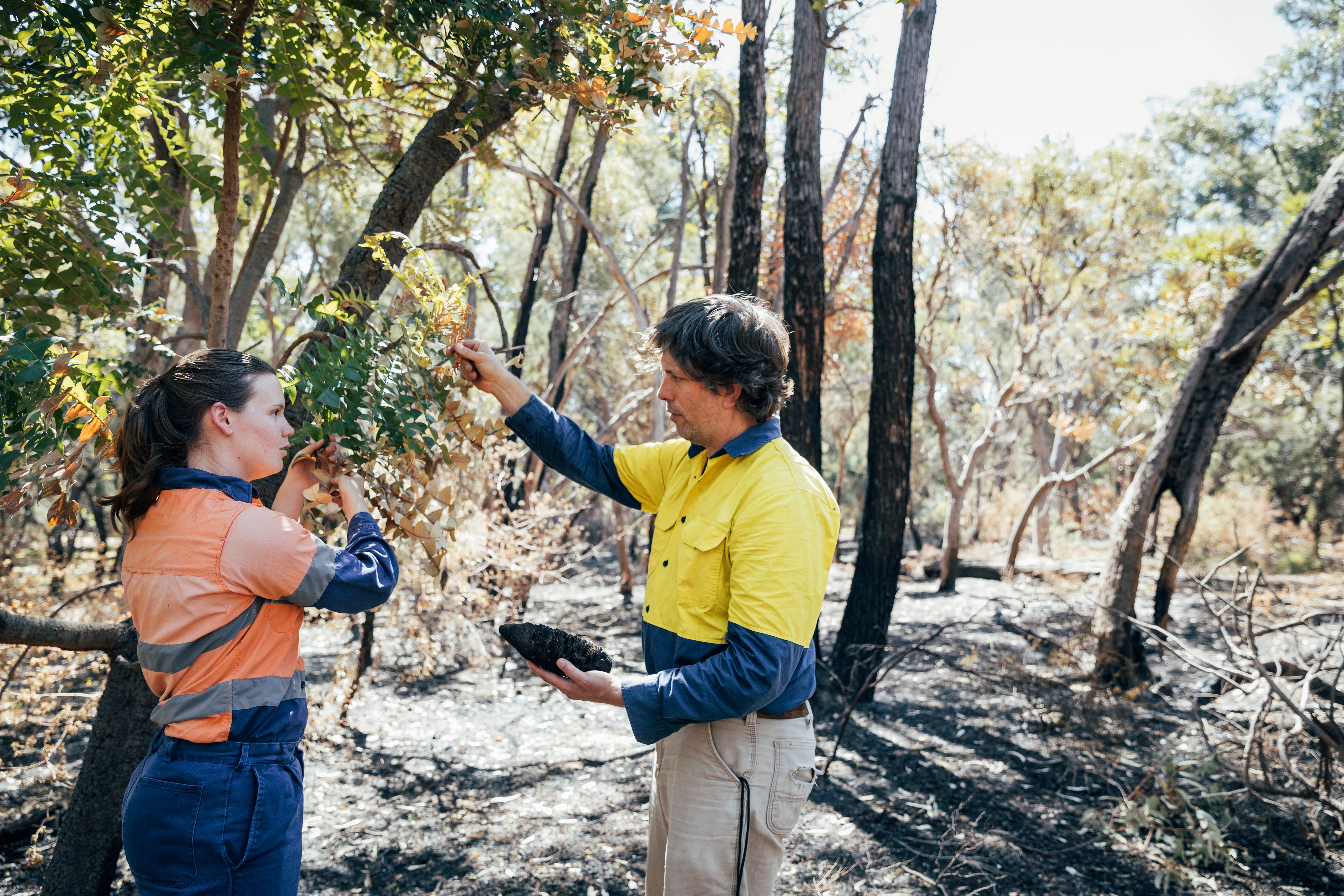Table of contents
Recommended for you

Closing the insights gap for council's outdoor workers
Today as Pink Shirt Day is celebrated for the 15th year, it would be nice to believe its future is finite.
Unfortunately though its cause is as important as ever as the issue of bullying remains pervasive through schools, workplaces and communities, despite the spotlight being firmly placed on stamping that part of our culture out.
Pink Shirt Day’s focus is on working together to stop bullying by celebrating diversity and promoting kindness and inclusiveness. Last year donations helped a number of proactive initiatives including engaging with more than 5000 workplaces to help them create fairer, more welcoming and respectful environments.
It is hard to believe that in 2022 some employees are still faced with dealing with a workplace that allows bullying and inappropriate behaviour to flourish as opposed to building a respectful workplace culture.
The best way to find out if you have a respectful workplace is deceptively simple - just ask your people.
A respectful workplace is one of those things that can be hard to describe but is obvious when it is not present, and everyone knows it and feels it. How can we ensure workplaces are respectful? There are some important things that need to be in place to promote and foster respect:
- Ensure everyone has a voice, intentionally seek diverse opinions. We all bring to the table our individual perspectives based on our life experience, our education, and our upbringing. Hearing differing perspectives from people who come from a range of backgrounds can help us understand each other better. Taking the time to get to know each other as human beings not just as workmates can really help.
- Ensure feedback is two-way and always constructive. If feedback is only one way within an organisation, there is a greater chance that people will feel less safe to speak up. Coach people leaders in giving constructive feedback as opposed to destructive feedback and create a safe environment for people to voice their ideas and their concerns.
- Allow people to bring their whole self to work. This means appreciating that we are all human and we have our whole life to balance and sometimes we need some flexibility to balance our work and personal lives. A bit of understanding and give and take to help each other out when the plate spinning gets too much, can go a long way.
The best way to find out if you have a respectful workplace is deceptively simple - just ask your people. But be prepared to listen and act. That can be the harder part but well worth the effort. You’re stronger when you listen.









